The statement "Vietnam can only make screws for car license plates" by the Chairman of the Association of Supporting Industries is stirring up many debates and reactions from Vietnamese businesses.
Responding to PV. VietNamNet on February 24, Mr. Pham Van Tai, General Director of Thaco Truong Hai Group, said that for many years, many of the company's passenger car lines have had a localization rate of 30-40%, and gradually increased as sales increased.
"Like some Mazda3 and Mazda6 models. Not only that, in recent years, we have also exported components to Kia factories in the region, such as the front bumper of the Kia Sorento," Mr. Tai cited.
The localization rate of the bus line is even much higher, with many self-produced mechanical devices... Notably, at the end of 2021, Thaco's first batch of semi-trailers was exported to the US. In 2023, the export revenue of this item is expected to bring Thaco hundreds of millions of USD.

VietNamNet reporters also contacted representatives of Vietnam Engine and Agricultural Machinery Corporation (VEAM) about this issue.
VEAM representative said that saying “Vietnam can only make screws for car license plates” is not accurate, and does not clearly understand the capacity of Vietnamese enterprises. VEAM member enterprises such as DISOCO and FOMECO have exported many car components.
Similarly, nearly 10 years ago, the main product of 19-8 Mechanical Company headquartered in Soc Son ( Hanoi ) was leaf springs and springs for trucks that were certified to meet DIN standards of the Federal Republic of Germany and regularly exported to Europe, earning tens of millions of USD each year.
Regarding screw production alone, Brother Vietnam Screw Joint Stock Company in Bac Ninh also has many products serving industries such as automobiles, household appliances, electrical equipment, electronics and recently is aiming at products for the aviation industry.
Over the years, Samsung Vietnam leaders have also witnessed the changes of many Vietnamese enterprises. More and more enterprises are capable of becoming Tier 1 suppliers for the group's factories in Vietnam.
In addition, along with the expert talent development program and the Smart Factory program, Samsung is looking to support the development of high-value industries in Vietnam.
“Thanks to these programs and activities, the number of Vietnamese tier 1 and tier 2 suppliers in Samsung's global supply chain increased 10 times, from 25 enterprises in 2014 to 257 enterprises by the end of 2022,” said a representative of Samsung Vietnam.


The issue is market size and economics.
Vietnam can produce quality products that meet the requirements of multinational corporations. However, bottlenecks in market capacity as well as weak industrial production of materials have prevented the mechanical engineering and manufacturing industries from developing as expected.
For example, with the automobile supporting industry, according to the assessment of the Ministry of Industry and Trade, currently only a few domestic suppliers can participate in the supply chain of automobile manufacturers and assemblers in Vietnam. Compared to Thailand, the number of Vietnamese suppliers in the automobile industry is still very small. Thailand has nearly 700 tier 1 suppliers, while Vietnam has less than 100. Thailand has about 1,700 tier 2 and 3 suppliers, while Vietnam has less than 150.
Sharing with PV, Ms. Nguyen Thi Xuan Thuy, a supply chain expert, said: Increasing the localization rate does not depend on the regulations and wishes of state management agencies. Management agencies also cannot intervene in the localization rate of enterprises. The most important thing to decide whether an enterprise localizes or not is the market size. That is the relationship between costs and benefits. If the market size is large enough, the cost of investing in domestic production is cheaper. At that time, enterprises will invest in producing components themselves.
“Currently, there are no regulations on the localization rate of motorbikes, but the localization rate is still very high, over 90%, because the market is large enough,” Ms. Thuy cited.
Therefore, the first condition to make component products is to ensure the quality of the product. Second, it is necessary to ensure the economic efficiency of the product. For example, if a production line only produces 1,000 products/year, the cost will be high, that line will certainly not be competitive in price compared to a production line producing 100,000 products/year.
The story of the Thai auto industry is a testament to this. In 2000, the Thai auto industry produced about 300,000 cars per year. At that time, no automaker considered producing engines in this country. Now, Thailand produces more than 2 million cars per year. That output allows Thailand to localize many types of parts, including engines.
“Therefore, our problem is to ensure output. When output increases, investment in production lines will be effective,” the former leader of VEAM shared.
On the other hand, Vietnam's machinery manufacturing industry needs to improve many issues, including appropriate investment in the materials industry. For example, up to now, Vietnam has not been able to produce steel, and has had to import almost all of it. That is a weakness of a country with a population of 100 million. Meanwhile, economies such as Taiwan, Japan, South Korea, etc. have long focused on producing steel. Importing almost all materials makes Vietnam's manufacturing industry always dependent, reducing its competitiveness.
At a press conference to provide information about the Auto Parts and Service Industry Exhibition (Automechanika 2023) held on February 21 in Hanoi, Associate Professor, Dr. Phan Dang Tuat, Chairman of the Vietnam Association of Supporting Industries, said: "A car today has more than 20,000 components, requiring more than 200 metal codes (steel codes). Currently, businesses in Vietnam cannot manufacture any of those 200 metal codes. We can only make the screw that holds the license plate."

Luong Bang - Chi Hieu
Source










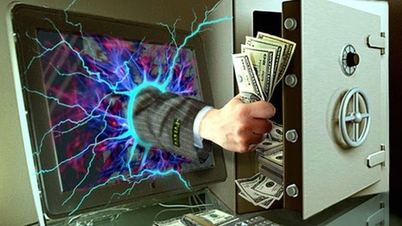


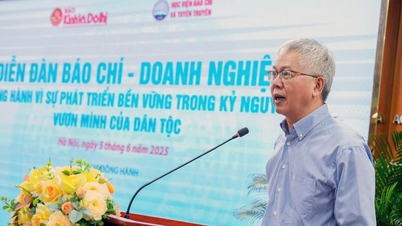

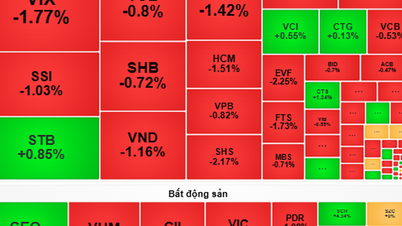
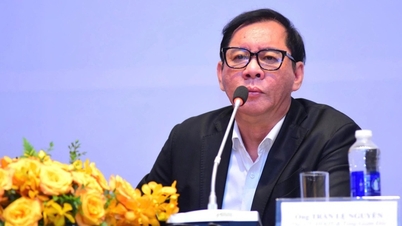






























































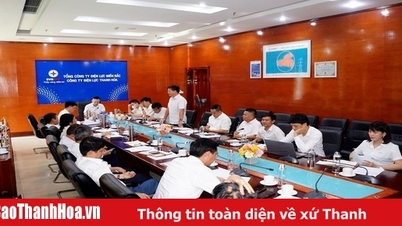





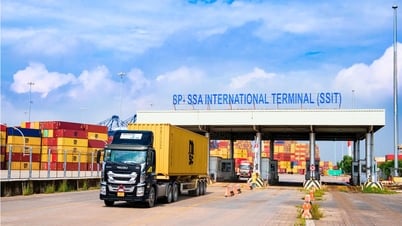












Comment (0)